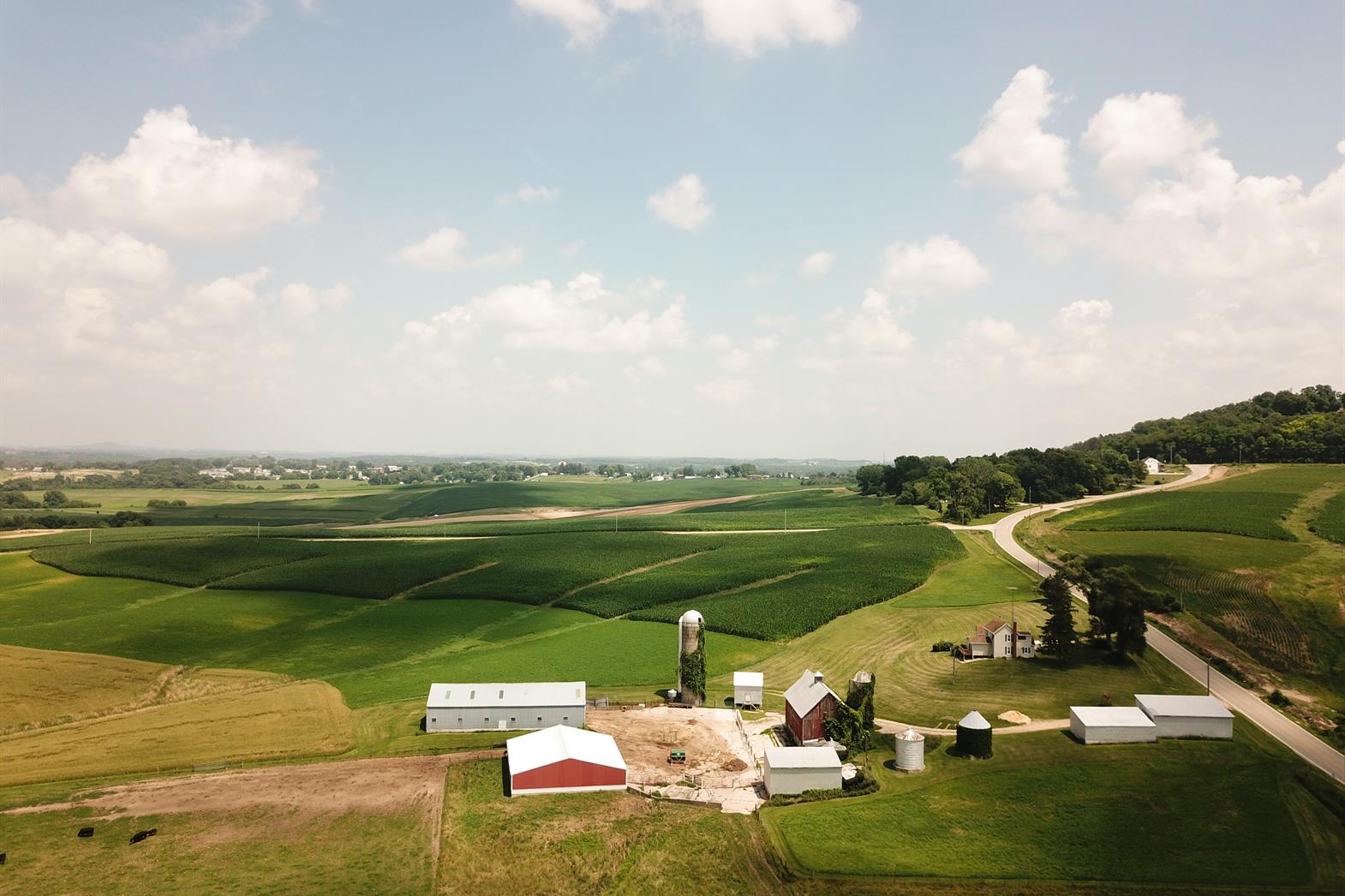What you need to know:
The authors of this study aimed to improve the treatment and support offered to individuals and families impacted by autism spectrum disorder (ASD) in rural and/or remote communities in western Canada. It was based on several pilot communities in Alberta and British Columbia. It identified community perspectives including strengths, resources and needs. The project team engaged with communities through discussing service access with those involved in care; identifying strengths and assets in the community as well needs and priorities; and finally, explored, with communities, strategies for building capacity.
What is this research about?
A large portion of Canada’s land mass is considered ‘rural,’ with many Canadians living in these areas. However, much research typically takes place in urban areas, potentially reducing our knowledge about the perspectives from those living in rural and/or remote communities. This project aimed to better understand the experiences of these community dwellers in selected regions, related to autism services.
What did the researchers do?
The project took place in rural regions of Alberta and British Columbia. There were 17 stakeholder meetings held between March 2016 and October 2017, in total, with just over 200 stakeholders participating. Stakeholders included family members, community activists, service leaders, ASD professionals, graduate students, and researchers. Members of the project team met with stakeholders in their communities to talk about goals; share personal experiences; discuss strengths, gaps, and needs within the community; and explore ways to build community strength. Discussions addressed regional ASD services, with a focus on how individuals with ASD and their family access and navigate services, including what helps or limits access to resources, and what is seen as needed to improve resources and community experience.
What did the researchers find?
Despite having similar needs to urban dwellers, participants identified a lack of ASD services in rural regions. Specific areas for advancement included improving access to information, increasing support to find and navigate services (such as specialized treatments), and ensuring accessible parental resources such as emotional support and counselling. Many identified insufficient youth- and adult-based community and educational resources.
There are unique challenges related to having a disability and living in a rural/remote locale. For example, there may be substantially fewer trained professionals in rural regions, extensive travel distances required to access services, and in northern Canada, poor weather conditions can impede access to appointments. Service providers were often responsible for caseloads that covered large geographic regions, with limited time to support individual families due to the amount of time required for transportation and issues of under-staffing.
Conversely, community stakeholders identified positive aspects of living in rural communities relative to disability. For example, a “sense of community” was discussed as a positive factor—defined as mutual dependence and trust. For some, children or adults with ASD are known by others in the community, and are recognized for their contribution to the community. Another strength in rural communities was an identified sense of “responsibility for one another” and not assuming that a service or resource would be offered, which sometimes nurtures innovation and shared responsibility across organizations/systems. Multiple examples were given of community leaders collaborating to address needs by “piecing together” services for a person with ASD.
Communities committed to bringing about changes built on strong relationships both within and outside their boundaries. Internet services increasingly have helped, and are proposed to further offer support to these communities via connecting individuals and families to services, and services to one another - particularly when geographic distance impedes access. However, internet access was noted as potentially challenging and was noted to sometimes be unreliable in remote regions.
How can you use this research?
These research highlights the experience of rural and remote regions relative to ASD services. Findings can inform future development of resources and strategies.
Young, A., Nicholas, D.B., Chamberlain, S., Suapa, N., Gale, N., & Bailey, A.J. (2019).
Exploring and building autism service capacity in rural and remote regions: Participatory action research in rural Alberta and British Columbia, Canada.Autism, 23(5), 1143-1151. doi:10.1177/1362361318801340
This summary was written by Kala Rafuse, Research Assistant, in the Vocational Abilities Innovation Lab, Faculty of Social Work, University of Calgary.


